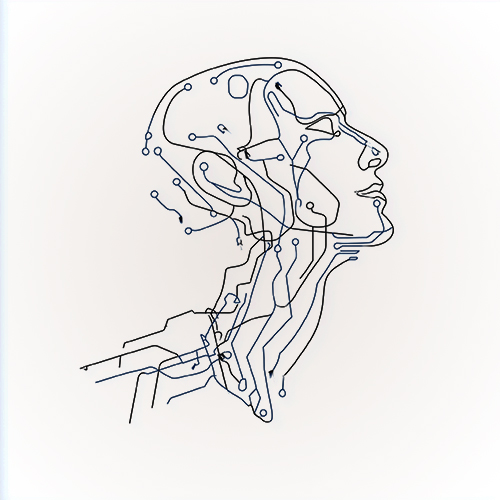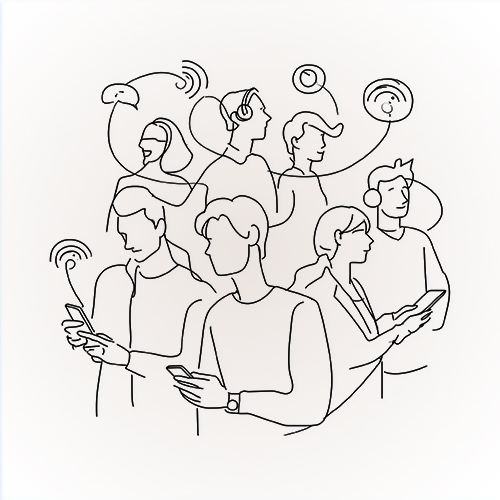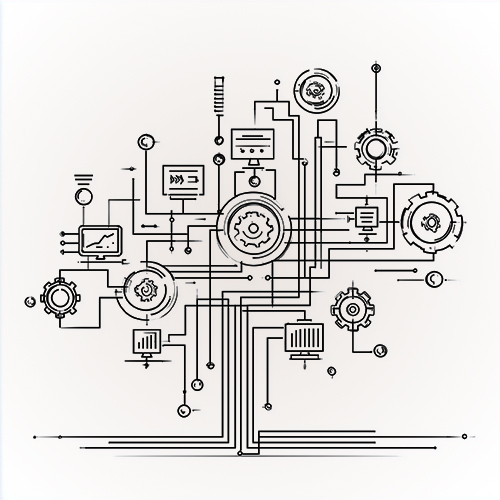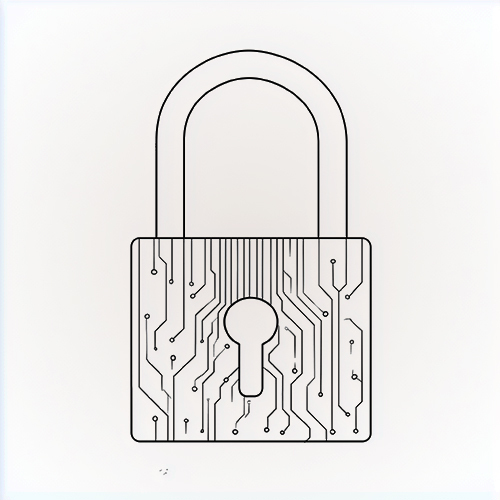The challenge: how to automate more efficiently
Previously, the City of Espoo had no centralised integration platform, but it used, for example, direct integrations between systems. According to Jokinen, this led to many challenges. One was the lack of visibility. If integration faults occurred, they were not necessarily noticed immediately, which weakened the reliability of the systems.
It was also difficult to create new integrations, and the same applied to the maintenance of existing integrations. “For example, implementing corrections was slow and difficult because we didn't have visibility into the entire integration chain,” Jokinen says. All this increased costs and slowed down the automation work.
Espoo strived to increase the efficiency of the work in two ways. First, a decision was made to acquire a modern centralised integration platform which would enable easier and more efficient implementation of integrations. In addition, the City wanted to establish an ICC that would implement integrations and develop automation comprehensively under the City’s guidance.
In October 2021, after a competitive tendering process, Espoo selected Digia to implement these reforms. The City had cooperated with Digia in the area of integrations already since 2018, and the new agreement further intensified the cooperation.




